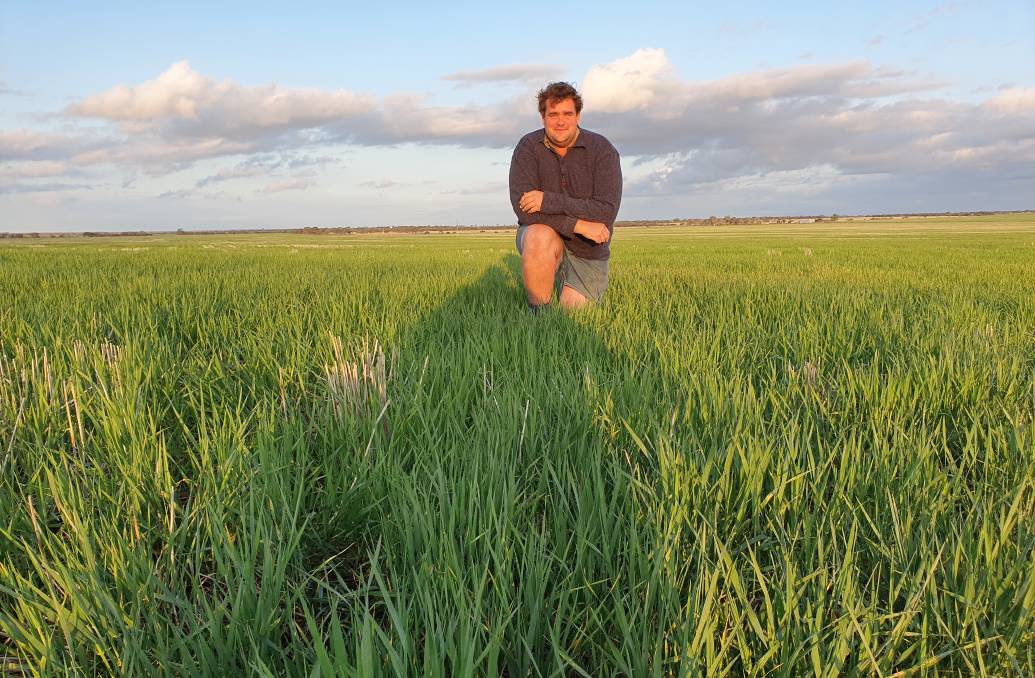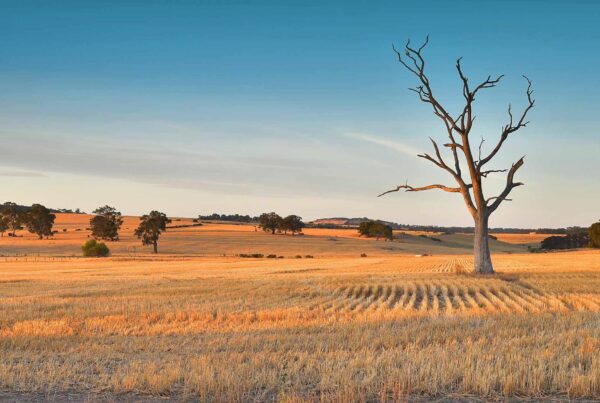Future Farmers Network directors regularly give their opinion on the latest news, events and issues in agriculture for an article for Australian Community Media. Here’s the most recent yarn from FFN Director Henry Gratte.
I have been following the interest in the barley market with some curiosity for a while now.
I have heard the calls for the Australian government to back down to China in regards to the World Health Organisation’s Covid-19 inquiry.
I was amused that these calls continued after China signed into the inquiry. I was also disappointed; Australia is a great country that likes to stand up for what is right.
I don’t feel that the government was finger pointing, but wanted to learn how to prevent a future pandemic.
I also feel that as producers we need to look on ourselves and evaluate how we ended up in this position.
When the announcements were made, the ABC’s Country Hour was full of stories of producers cutting barley from their program.
I had a few calls asking if I was going to change and replied with a firm ‘no’.
To change would upset my six-year agronomic rotation, and with only 150 hectares to go in my program, I saw no point in changing at the time.
With barley taking up about 850ha, compared with wheat at nearly 2000ha and the sheep/chemical fallow at 1000ha, I didn’t see such a knee-jerk reaction necessary.
In the clear light of day, this reaction has paid off.
The barley market has dropped from an early 2020/21 price of around $275/t down to $245/t, whereas, the noodle market has dropped from $380/t last season or $345/t in April (this year) to $305/t on Friday and the hard market has mirrored this.
Therefore, I am more concerned about the wheat market at this stage.
The important point this brings me too, however, is that “those who don’t know their history are destined to repeat it”.
Australia has a great track record of being a very loyal supplier and purchaser in general.
Have a look next time you go shopping and see why you won’t change the products you purchase.
We have in the past had single markets with the UK and USA and these have left us in a similar position.
Probably the best recent example would be the cattle live trade shutdown to Indonesia in 2011.
Beef producers were caught with a product that was only suitable for one market and had inadequate options for market alternatives.
I feel as an industry we need to learn from our recent history and become loyal, well regarded suppliers to a broader range of markets.
This does not mean we have to abandon our current markets, but be aware of how we can deliver to a greater range of markets within our region.
Having one key market that is easy to deliver to and meet target specifications leaves us vulnerable to its market movements.
This brings me back to the historical saying of “when America sneezes Australia catches a cold”.
Since the tariff has been introduced the open markets have improved in the ability to move freely to different market opportunities.
I hope that we can continue to learn from this and be in a stronger position to weather movements in the future.




